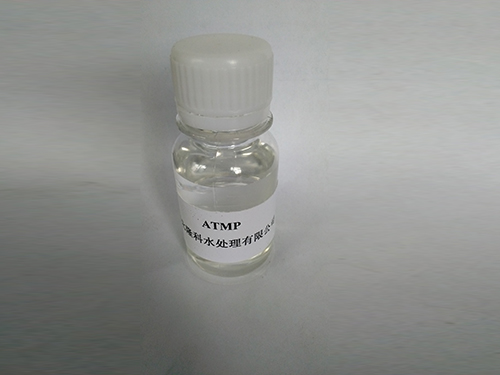Effective Strategies for Preventing Scale Buildup in Cooling Towers and Enhancing System Performance
The Importance of Cooling Tower Scale Inhibitors
Cooling towers are essential components in various industrial processes, serving as heat exchangers that dissipate waste heat into the atmosphere. However, the efficiency of these systems can be compromised by the accumulation of scale—an unwanted buildup of mineral deposits on tower surfaces. This not only reduces heat transfer efficiency but can also lead to costly maintenance and downtime. To combat this issue, cooling tower scale inhibitors have emerged as crucial agents in maintaining system efficiency and longevity.
Scale formation primarily occurs due to the evaporation of water in the cooling tower, concentrating dissolved minerals such as calcium, magnesium, and silica. As the water evaporates, the concentration of these minerals increases, prompting them to precipitate and form undesirable deposits. This process not only hampers heat transfer but can cause significant damage over time, leading to costly repairs or even premature replacement of cooling tower components. Therefore, controlling scale formation is paramount for optimal cooling tower performance.
Cooling tower scale inhibitors work by disrupting the crystallization process of scale-forming minerals. These inhibitors, typically organic compounds, interfere with the ability of minerals to crystallize and precipitate onto surfaces. By keeping these minerals in suspension and preventing their aggregation, scale inhibitors help maintain a clean and efficient cooling system.
There are several types of scale inhibitors available on the market, including phosphonates, polymeric compounds, and polycarboxylates. Each of these inhibitors functions through different mechanisms, but they share the common goal of minimizing scale formation. Phosphonates, for example, are effective at high temperatures and can prevent the precipitation of calcium carbonate and other salts. Polymeric compounds, on the other hand, provide effective scale control and can disperse existing deposits, making them easier to remove.
cooling tower scale inhibitor

The choice of a scale inhibitor should be based on several factors, including water chemistry, temperature, and specific scaling tendencies of the system. A thorough understanding of the cooling tower environment allows for the selection of the most effective inhibitor, thereby maximizing system efficiency and operational reliability.
In addition to their scale control properties, these inhibitors also contribute to the overall health of the cooling system. By minimizing scale buildup, they reduce the risk of corrosion and biological growth, both of which can further compromise efficiency and lead to operational issues. Moreover, effective scale control reduces the need for aggressive cleaning techniques, which can be both labor-intensive and potentially damaging to system components.
Implementing a comprehensive water treatment program that includes scale inhibitors not only protects cooling towers but also enhances energy efficiency. When cooling systems operate at peak performance, they require less energy to separate heat, resulting in lower operating costs and reduced environmental impact. Furthermore, prolonged equipment life and minimized maintenance translate to significant financial savings for industries relying on cooling technology.
In conclusion, the role of cooling tower scale inhibitors is critical in maintaining the efficiency and longevity of cooling systems. By preventing scale formation and supporting overall system health, these inhibitors play a vital role in the operational success of industrial processes. As industries continue to seek ways to enhance efficiency, the strategic application of cooling tower scale inhibitors will be an indispensable part of water treatment programs. Emphasizing the importance of proper scale management not only promotes better performance but also contributes to sustainability efforts within various sectors.
-
Water Treatment with Flocculant Water TreatmentNewsJun.12,2025
-
Polymaleic AnhydrideNewsJun.12,2025
-
Polyaspartic AcidNewsJun.12,2025
-
Enhance Industrial Processes with IsothiazolinonesNewsJun.12,2025
-
Enhance Industrial Processes with PBTCA SolutionsNewsJun.12,2025
-
Dodecyldimethylbenzylammonium Chloride SolutionsNewsJun.12,2025





